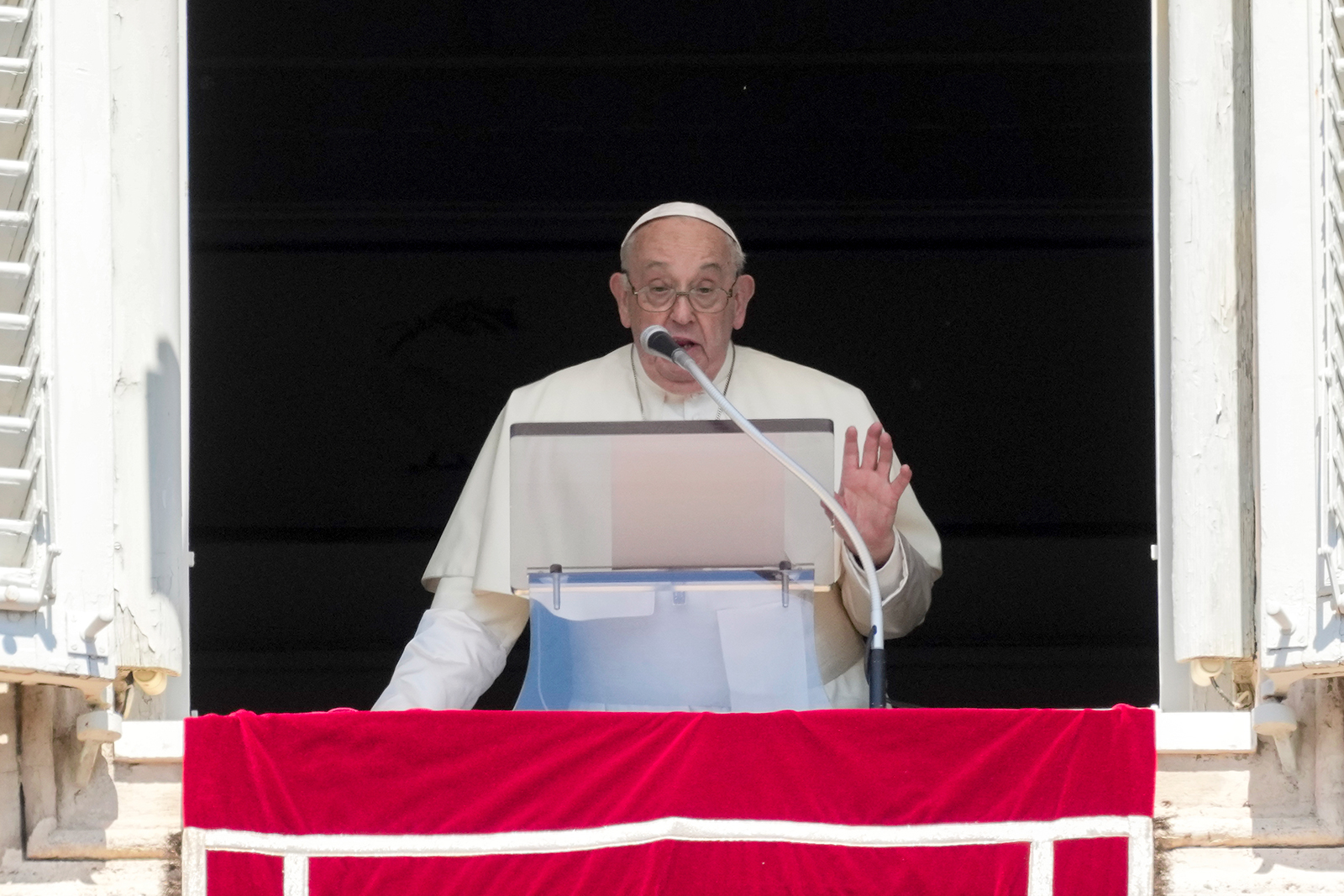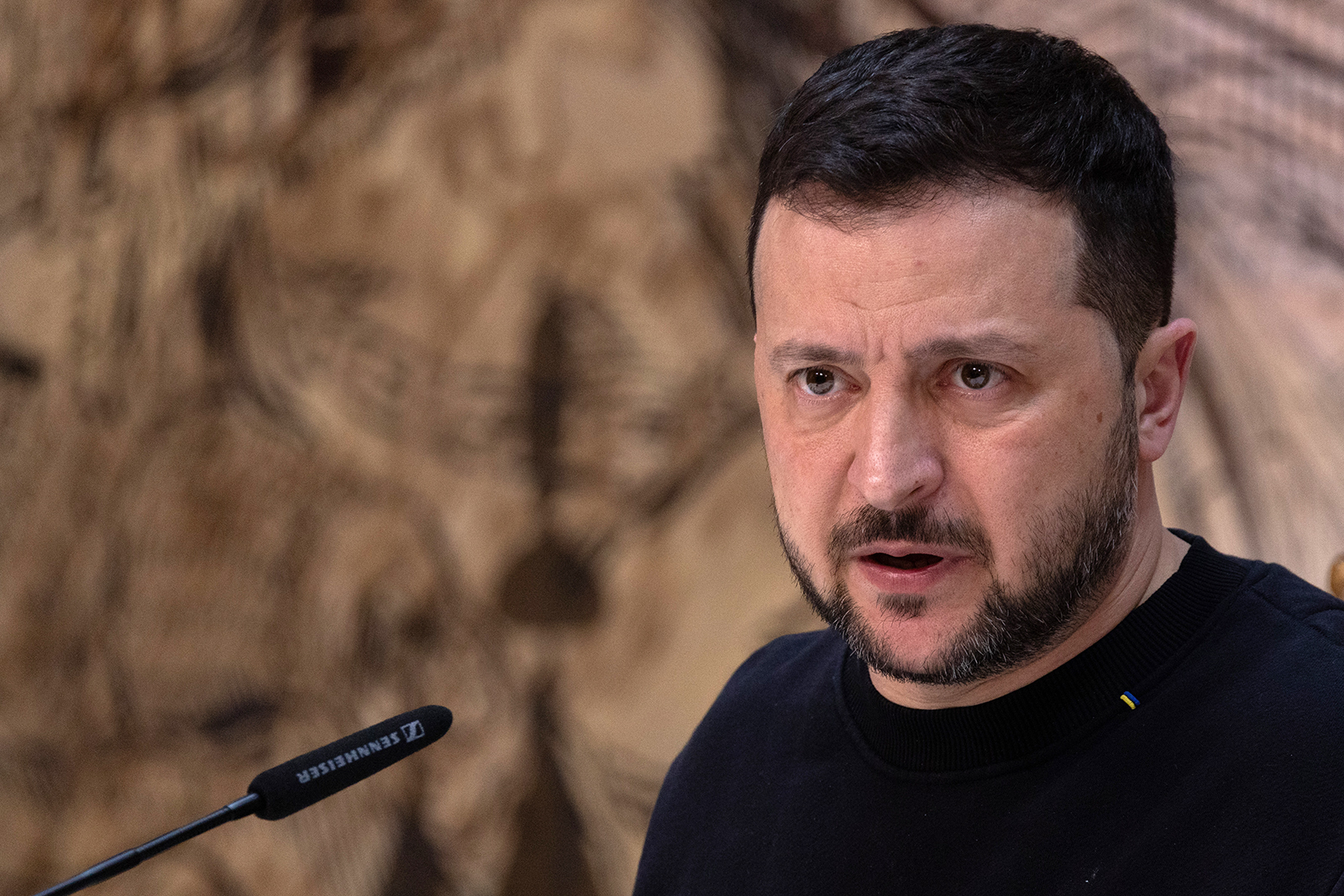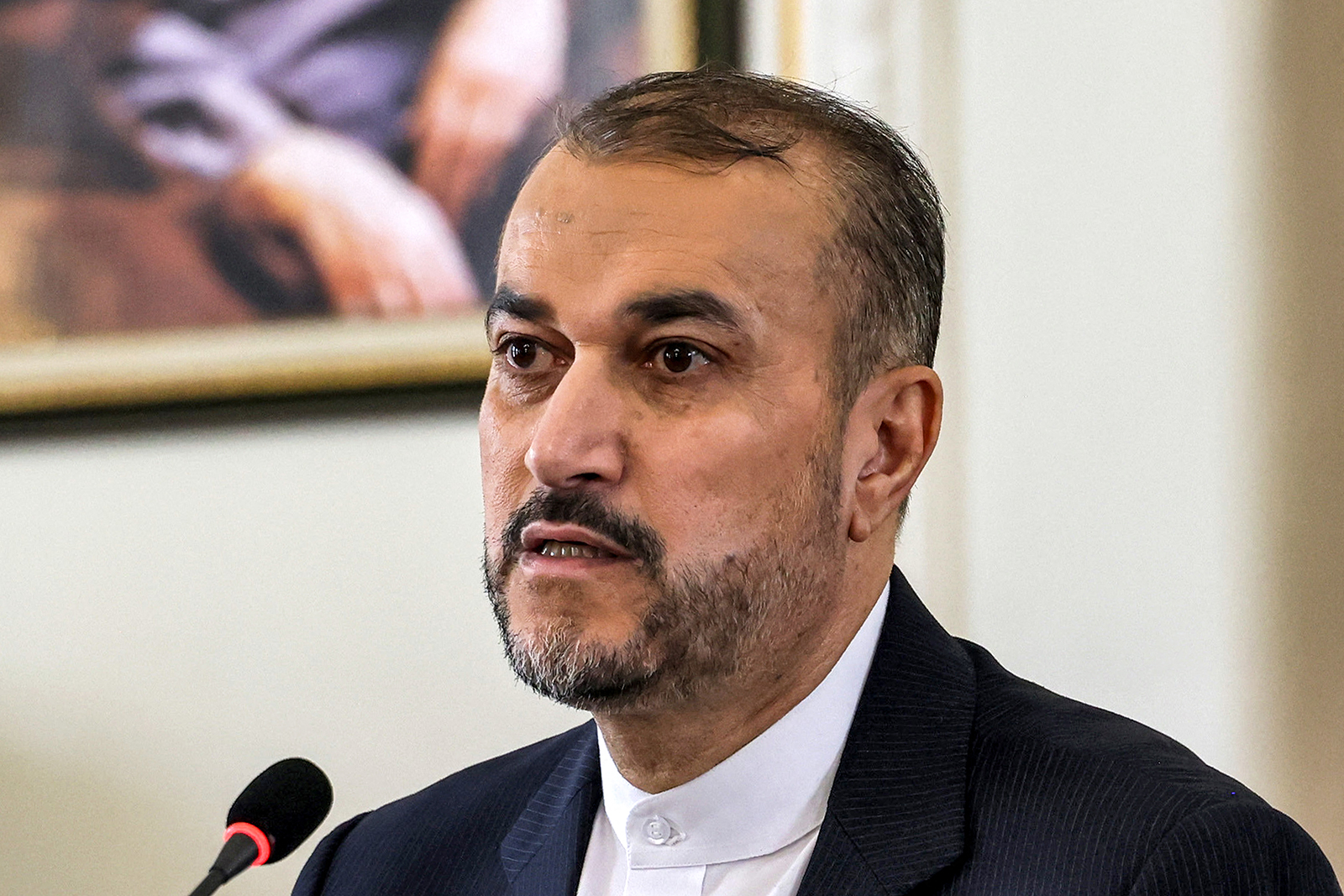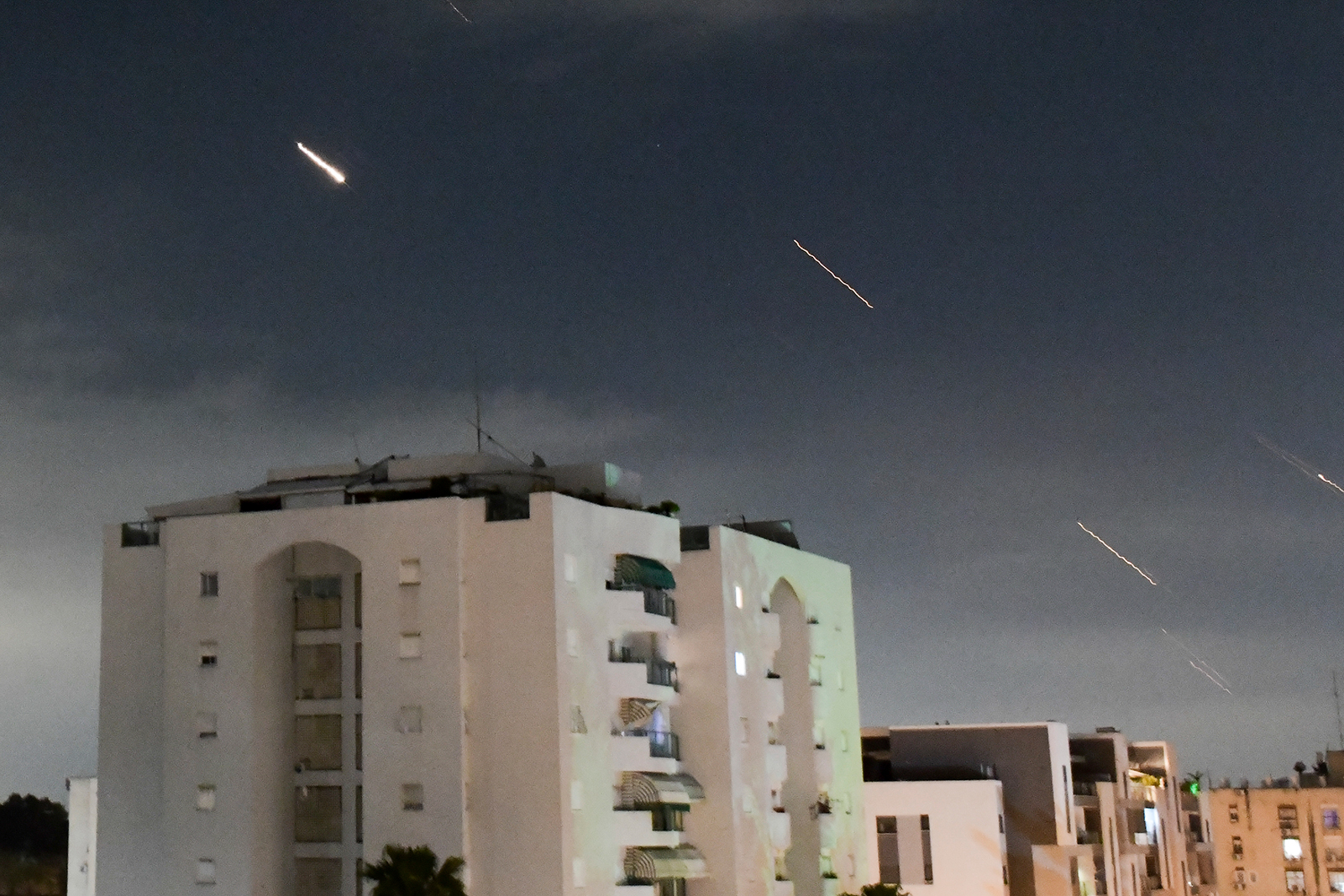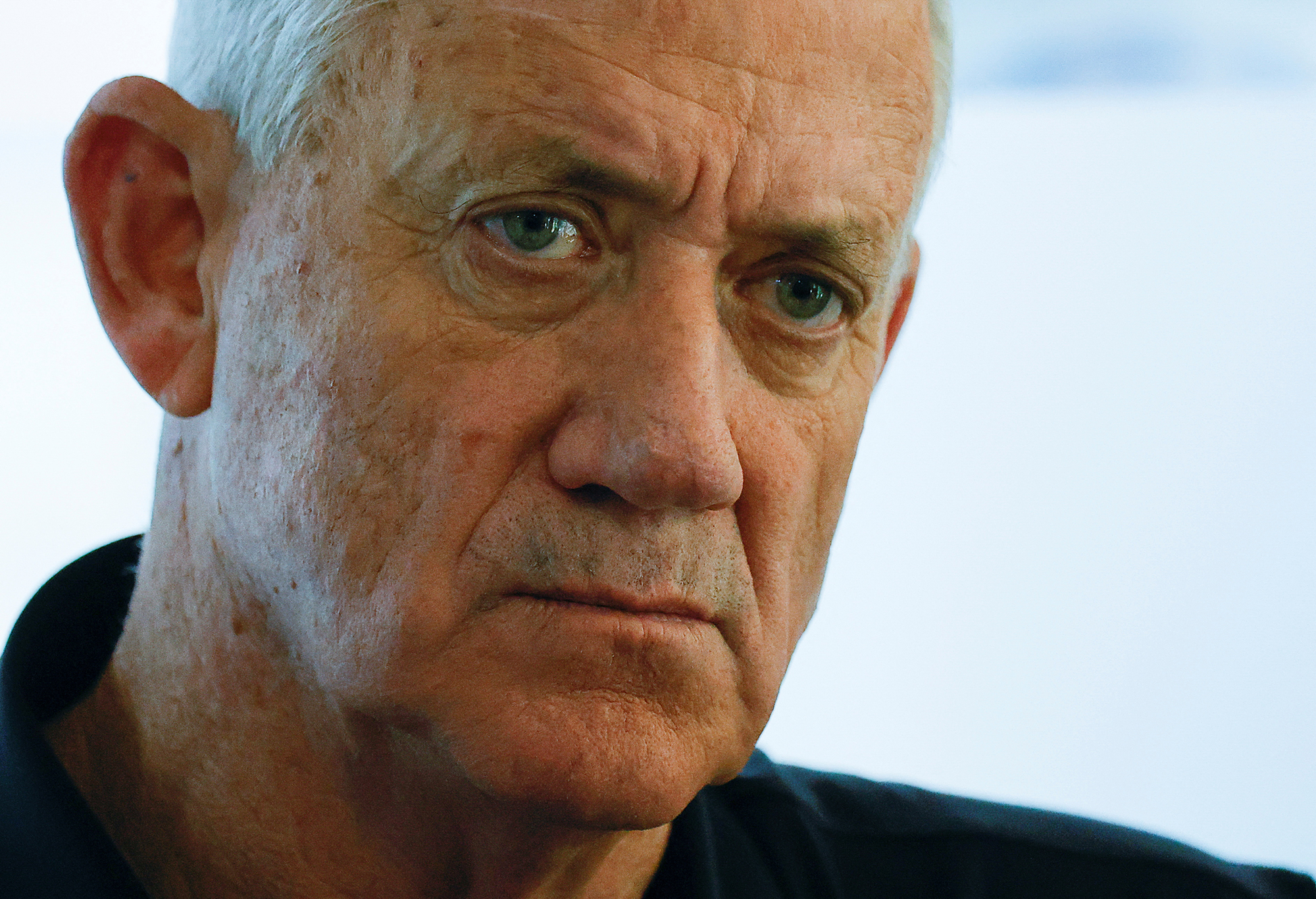
Israel will “exact a price from Iran in a way and time that suits us,” war cabinet minister Benny Gantz said Sunday, following the Iranian drone and missile attack on Israel.
Iran “met the strength of the Israeli security system,” Gantz said, a reference to the minimal damage caused by the assault involving hundreds of projectiles.
The attack showed “the world clearly stood together with Israel in the face of the danger,” Gantz said.
But, he added, “this event is not over,” citing the need to “build a regional coalition and extract a price from Iran, in a way and at a time that suits us.”
Gantz also said that Israel still needs to bring home its hostages and secure its southern and northern borders so that people who have evacuated their homes near these borders can return.
Nir Cohen contributed translations to this post.
